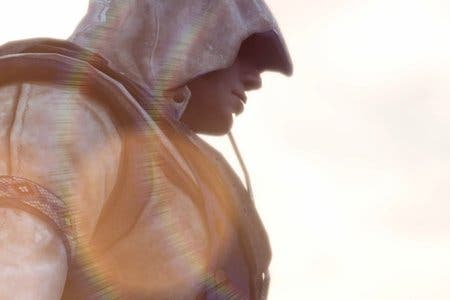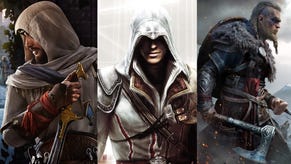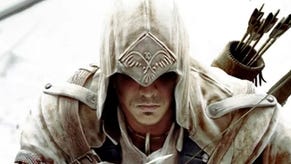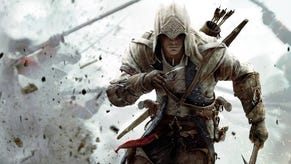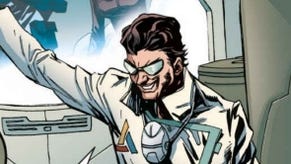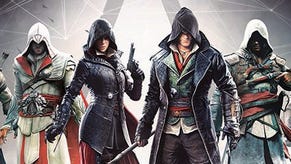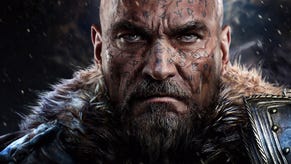Assassin's Creed 3 will be "back to basics"
Story takes place over 30 years.
Alex Hutchinson, creative director of Assassin's Creed 3, has told an audience at the Game Developers Conference that the game aims to strip back the ballooning complexity of the series' mechanics and story.
He also explained the thinking behind the more rural American Revolution setting, and noted that the story would take place "over 30 years, beginning before the Revolution and ending after the Revolution."
"I think one of the joys of having a new character and a new universe is that we can strip it back and we can go back to basics," he said.
Hutchinson acknowledged that the last three games had struggled with clarity and accessibility. "I think that there's an element in the Ezio trilogy... I think it's very hard when you have a story that's going from game to game to game, that's relatively consistent, to remove things. It doesn't make sense to people logically that in the second game they would lose something that they had, fictionally, hours before, so we've had a problem with mechanics that weren't as tight as perhaps they could have been."
Hutchinson's GDC talk, titled Designing Games to Sell, encouraged designers to think about the design qualities of big-selling games for a wide audience, which he characterised as relevance, immediacy and coherence.
Immediacy "is a big problem for us on AC3 actually, and the franchise and general," he said, showing a bewildering chart of the mechanics and gameplay loops in Assassin's Creed 2. "It's a hugely complicated game, it has many different features, it's a long game, getting people up to speed as quickly as possible is a big challenge. We know we have a learning curve, we know we need to introduce a lot of new mechanics, so what we looked at was reducing the time to assassinate.
"In AC3, we promise you that within 30 seconds of putting the disc in the tray, you will in fact be assassinating someone. That's a promise."
The expanded-universe story has got similarly complex. Previously, Hutchinson said, Ubisoft expected players to understand all the core game entries in the series. "But now, moving forward, we're as much as possible tying to clear the deck for new players. It means obviously a new hero and a new setting, and it means getting that new hero into that new setting as fast as possible."
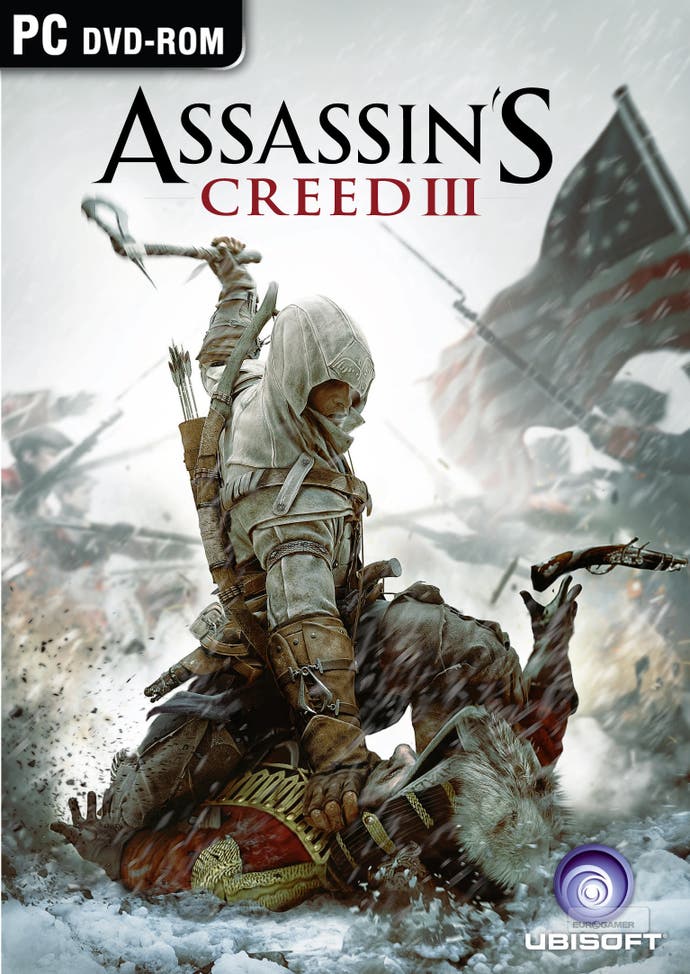
About that setting, Hutchinson admitted that the lack of built-up cities was a departure for the series, but he was embracing it with the game's new focus on attending historical events and surviving in the wilderness. (Possibly not coincidentally, he mentioned his love for both Skyrim and Red Dead Redemption elsewhere in the talk.)
"If you're a fan, I'm sure you've read the boards where people are saying there's not enough epic buildings to climb, and it's true that we've moved from the stone structures of Europe to less epic buildings in America - although I promise there are plenty of churches to climb.
"But what we still have is this opportunity to lean into history, and what we want to deliver to players this time is not just climbing a historical landmark, but visiting a historical event - being in New York while the city burns, or ultimately being at Valley Forge while George Washington is camped there."
The new hero will be "as comfortable in the wilderness, as capable as previous assassins were in the cities" and would have to deal with extreme cold weather. "This was a period in time where if you didn't plan for winter, you were going to die. So we built an entirely new snow system that we think is pretty exciting."
Hutchinson maintained that the American Revolution setting would be relevant and exciting to a contemporary audience. "This concept of helping a nation fight for freedom is a primal desire, we believe," he said.
"It's also a story that's relevant to many different audiences. While the American Revolution is obviously very important to Americans, it's also important to the British - the joke of the time was that this was a civil war fought on foreign soil - the French - the money they invest helping the Patriots win the war leads directly to the French Revolution - and for the rest of the world, this is the roots of the American century, which just finished."
He also thought players would be as excited to meet Ben Franklin and George Washington in the game as they were Leonardo da Vinci in Assassin's Creed 2. "[These] are people that are mythological characters in the history of the country and the history of Western civilisation. Most of you are walking around with Washington's face in your pocket. Probably not too many with Franklin.
"The way we see the universe is that it's basically two fantasies. One is the fantasy of being an assassin, and the other one is this fantasy of being a virtual time tourist, of someone visiting different places in time and different periods in time. We try to make sure that all of the mechanics we build fall into one, or both preferably, of those pockets."
Hutchinson mentioned that his motivation for encouraging designers to think about the commerciality of the games they want to build came from a fear that design would increasingly be led by analytical tools rather than creative intent, and that "the cancerous growth" of the "arms race" in triple-A games would leave blockbusters "as nothing more than the last of the dinosaurs." (And this from a guy who's making one!)
"In my mind, video games need to have the goal of educating people, entertaining people, or at least, being artistic. If you're not pushing for either of these things, you're not taking responsibility for the sales of your game and trying to make sure that the games we love are getting into people's hands, then I think we're in for a rough patch.
"And as Ben Franklin said, a good game lubricates the body and the mind."
